AI-generated fake archaeological finds
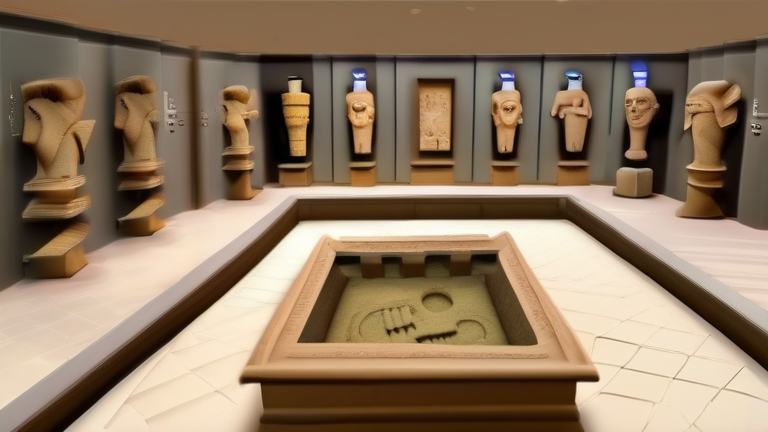
AI-Generated Fake Archaeological Finds: A Growing Concern in the Field of Archaeology
What are AI-Generated Fake Archaeological Finds?
In recent years, the use of artificial intelligence (AI) has revolutionized the field of archaeology, enabling researchers to analyze and interpret vast amounts of data more efficiently. However, this technological advancement has also given rise to a new challenge: AI-generated fake archaeological finds. These are artificially created artifacts, images, and data that mimic real archaeological discoveries, but are entirely fabricated. Read more
How are AI-Generated Fake Archaeological Finds Created?
AI-generated fake archaeological finds are typically created using machine learning algorithms that analyze patterns and trends in real archaeological data. These algorithms can generate fake artifacts, such as pottery, jewelry, or even entire excavated sites, that appear to be genuine. This can be done by combining elements of real artifacts, altering their characteristics, and then presenting them as new discoveries. Read more
Why are AI-Generated Fake Archaeological Finds a Concern?
The creation of AI-generated fake archaeological finds is a concern for several reasons. Firstly, it can lead to the misinterpretation of historical events and cultural practices. Secondly, it can undermine the credibility and integrity of the archaeological community, causing a loss of trust among the public and funding agencies. Finally, it can also lead to the misattribution of real archaeological discoveries, making it difficult to accurately date and contextualize them. Read more
How can we Prevent AI-Generated Fake Archaeological Finds?
To prevent AI-generated fake archaeological finds, archaeologists and researchers must be aware of the potential risks and challenges posed by AI-generated data. They must also develop new methods and technologies to verify the authenticity of archaeological finds and ensure the integrity of the data. Additionally, funding agencies and institutions must provide sufficient resources and support to enable researchers to conduct thorough and rigorous research. Read more
Conclusion
AI-generated fake archaeological finds are a growing concern in the field of archaeology, and it is essential that we address this issue head-on. By understanding how these fake finds are created and the risks they pose, we can develop strategies to prevent them and ensure the integrity of our research and discoveries. For more information on this topic, please visit Read more.
Popular posts

How a Simple PDF Can Earn You Passi..

10 Best Web Hacking Tools You Need ..

What is Phishing - How to Spot and ..

How to Make Money with AI in 2025 (..

10 Ways to Make Money Online You Sh..
/the_hidden_side_of_tech_blogging_no_sagetech.jpeg)
The Hidden Side of Tech Blogging No..

How Teens Are Earning $50k a Month ..
_sagetech.jpeg)
This Free AI Tool Writes Codes and ..

AI-generated fake expert opinions

Why Some DIY Projects Are Easier Th..
_sagetech.jpeg)
Get Unlimited Traffic - Best Websit..

The return of static websites in en..

How to Think Like a Scientist

AI-generated fake archaeological fi..
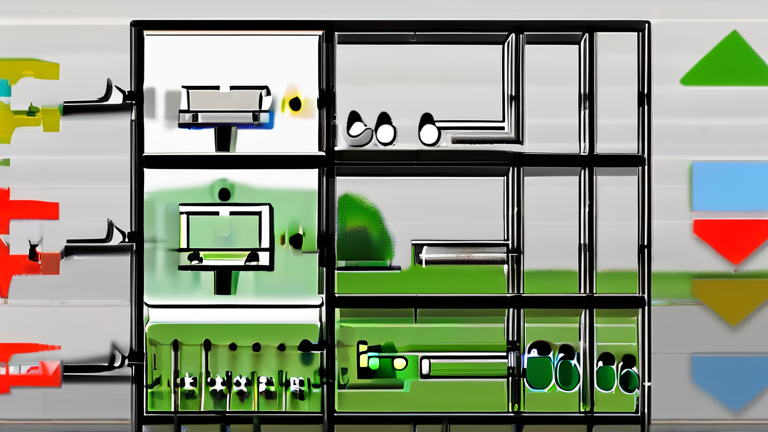
How to Build a DIY Weather Station
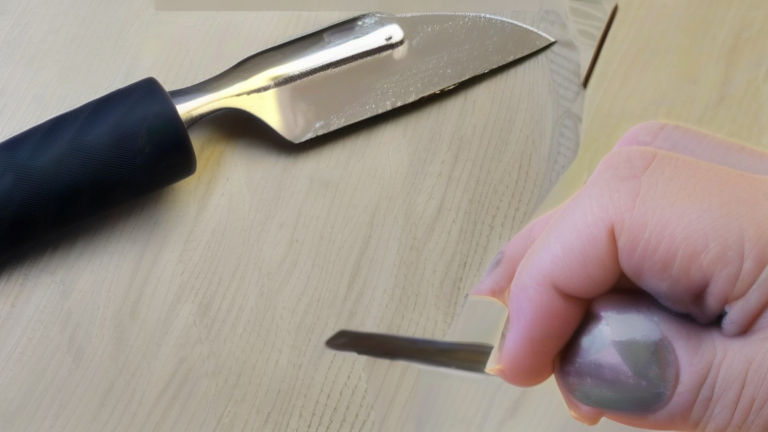
How to Make Your Own DIY Natural Si..

Building your own penetration testi..

DIY projects for off-grid digital l..
_sagetech.jpeg)
How to Earn Passive Income Online w..

Creating future transport systems

This One Button on Your Router Migh..

This is How You Check if Your Phone..

AI that predicts social engineering..
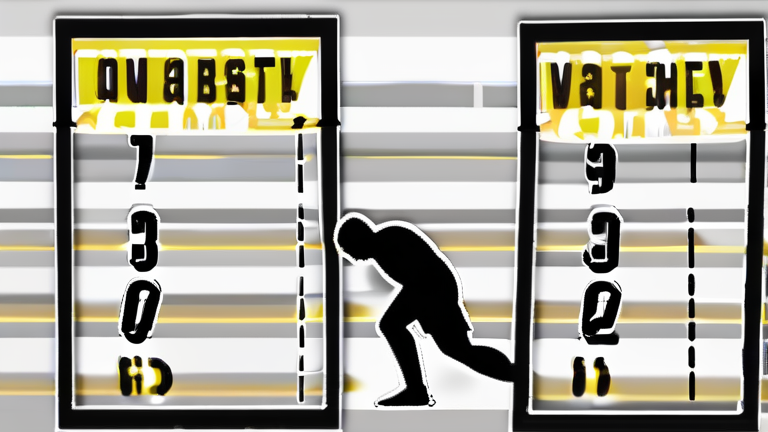
The Best Stretches for Wife Carryin..

How to Choose Your Next Book

The Best Sustainable Shoes for 2025
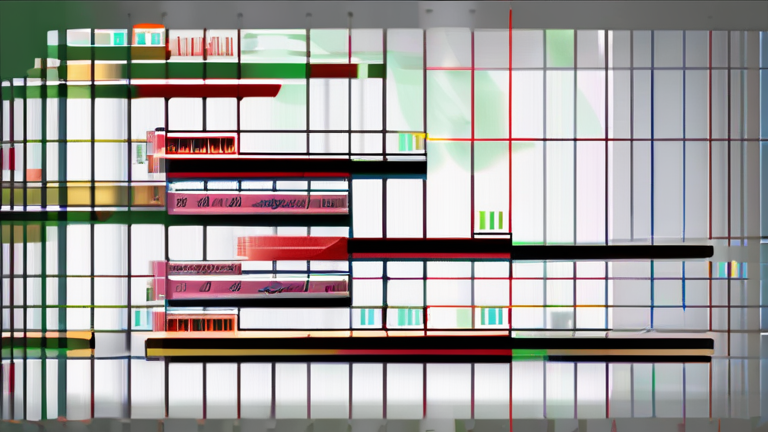
The hidden costs of software-define..

DIY projects for sustainable tech

Why Some People Love HIIT (And Othe..
